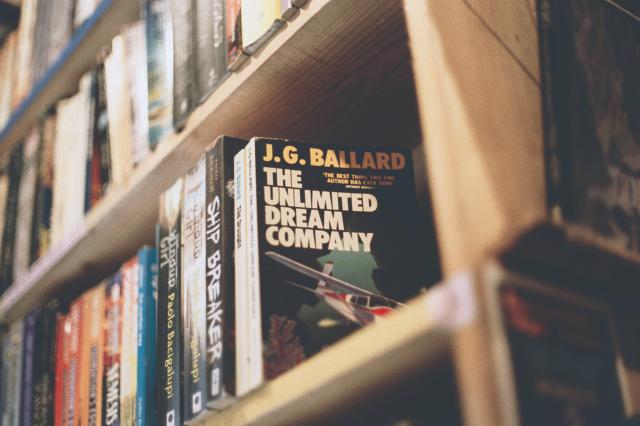A review of Holy Ghost by John Sandford
Holy Ghost, by U.S.-based bestselling author John Sandford, is the 11th in a series of 12 books featuring Virgil Flowers, a charismatic detective working at the Minnesota Bureau of Criminal Apprehension.
Flowers is tall, athletic, in his late 30s, with “longish blond hair and an easy smile” for a cop. He wears jeans, cowboy boots, and t-shirts featuring obscure rock bands. He loves fishing, and often tows a boat while on duty “in case an emergency fishing opportunity should jump out in front of him”. He is also a photographer and writes for outdoor and hunting magazines
This unorthodox detective arrives in Wheatfield, Minnesota, a town of about 650 people that is only one hour’s drive from his own place. Five months earlier, the dying town gained a new life thanks to the supposed appearance of the Virgin Mary at the local church.
Trouble is, as religious pilgrims and tourists arrive in droves, much to the delight of local businesses and residents – someone also decides to start shooting. By the time Wheatfield is in close resemblance to Midsomer in Midsomer Murders or Saint Marie in Death in Paradise, Flowers is getting desperate, “running around like a chicken with my head cut off”.
A former journalist and recipient of the Pulitzer Prize, Sandford has an intriguing style as a crime novelist. He presents the who, where, what, when, why and how, but spares no time for probing the hearts and minds of his characters. As such, the story consists almost entirely of dialogues and descriptions of people, locations and events.
This style can work if the plot is excellent – and if the dialogues are witty enough to adequately reflect the often quirky characteristics of the characters involved. Luckily, we have both in the book. The result is an intimate portrayal of life in a small town where everyone knows everyone else’s petty business but tolerates it with kindness and humour. (That is, of course, until
common decency is breached and someone ends up being seriously injured or killed.) This is also a small town in America where everyone owns at least one gun and shooting, like buying groceries, is a part of daily life. One character has 40 guns, because: “There’s a day coming in this country when you’re gonna need a gun to survive. That’s why I’m living here in Wheatfield. It’ll take the dictator’s men a while to get here, and that’ll give us time to organise.” Indeed, when asked whether he would rather give up guns or women, that character replies: “I’d say, sure, women are important, but guns are fundamental. You know, our Constitution doesn’t even mention women, but it does mention our right to bear arms.”
Thus Holy Ghost makes interesting reading, in the way that one aspect of a nation’s culture is laid bare on the table, sliced and diced, for everyone to see. It would be fun to discover whether the other books in the Virgil Flowers series take the same approach.







